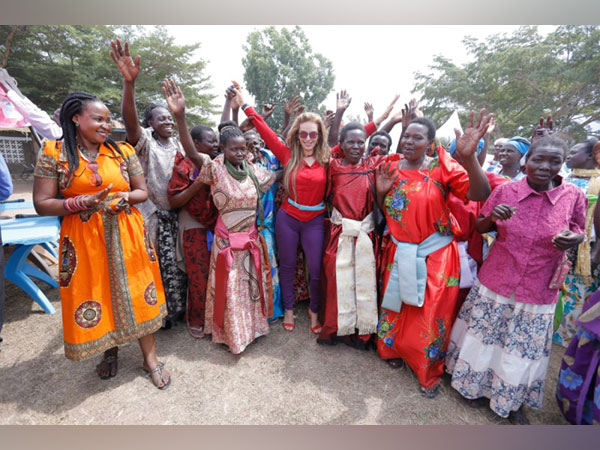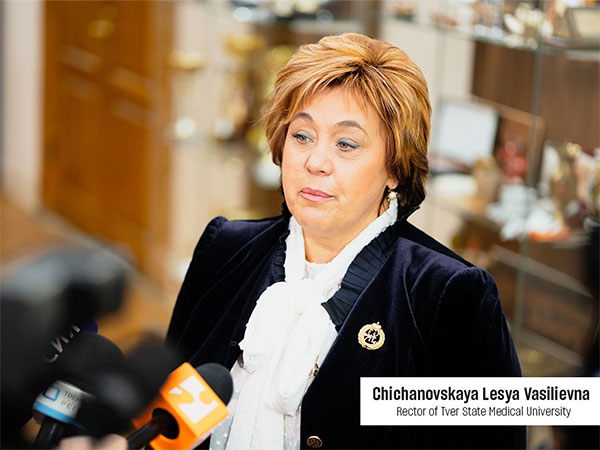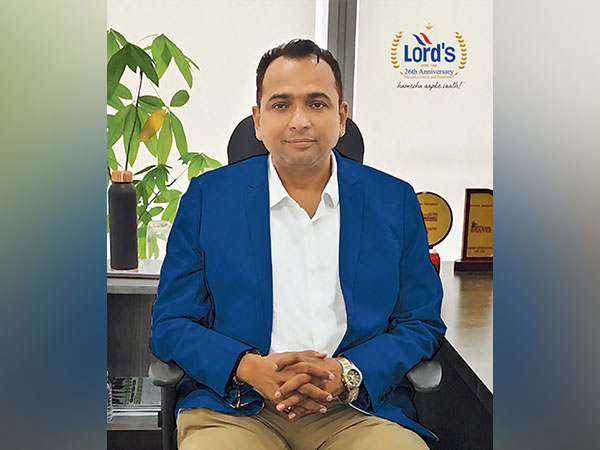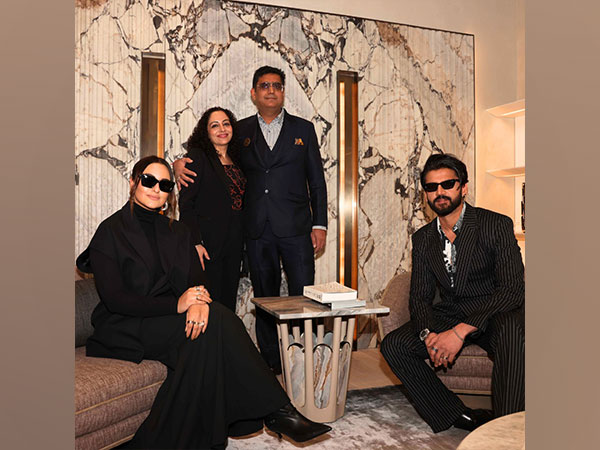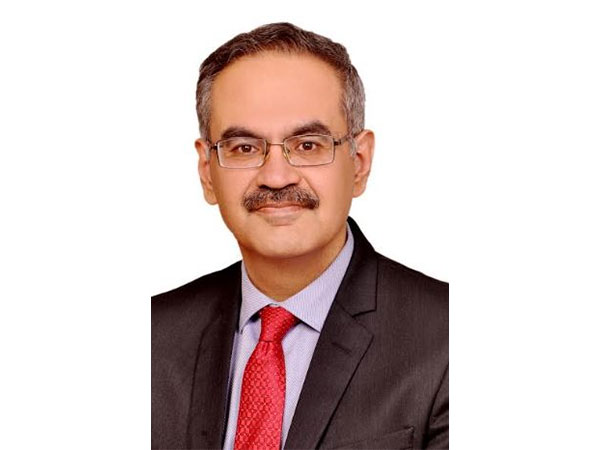UK seeks to move migrants held on secretive island
Oct 09, 2024
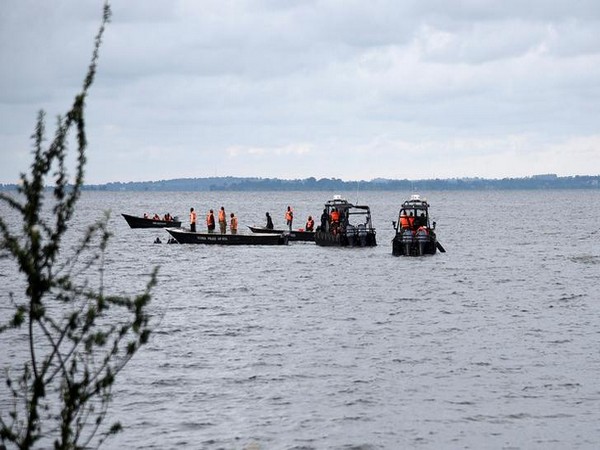
London [UK], October 9: The UK has offered dozens of stranded migrants, held for years in a camp on a secretive UK-US military island in the Indian Ocean, a temporary move to Romania.
After six months, they could be moved to the UK. Others in the group are being offered financial incentives to go to Sri Lanka where they say they face persecution, the BBC has learned.
In 2021, dozens of Tamils became the first people ever to claim asylum on Diego Garcia after their boat ran into trouble.
The territory's unusual status led to a long legal dispute, with the UK government saying that bringing them to Britain risked creating a "backdoor migration route".
A Foreign Office spokesperson said ministers had been working to find a solution that protects the welfare of migrants and "the integrity of British territorial borders".
Relocating the most vulnerable migrants while their legal claims are processed would offer them "greater safety and wellbeing", the spokesperson said.
The offer to the migrants, by British officials on the island on Tuesday, came after the UK announced it was handing sovereignty of the British Indian Ocean Territory (Biot), which includes Diego Garcia, to Mauritius. The military base, however, will remain on the island.
The BBC gained unprecedented access to Diego Garcia last month to attend a court hearing over whether the group had been unlawfully detained in a small fenced camp, which is guarded by private security company G4S.
A judgement in the case is expected soon.
The British government has argued that the refugee convention is not in force on Biot because it is "constitutionally distinct" from the UK, though it is administered from the Foreign Office in London.
Instead, the Biot administration established a separate process to determine if the Tamils could be returned to Sri Lanka or be granted international protection - which the UN says is akin to refugee status.
There are currently 56 Tamils still on Diego Garcia. A further eight are currently in Rwanda after being transferred there for medical care after self-harm or suicide attempts.
Most of the migrants are awaiting decisions on their international protection claims or appealing rejections. In total, eight have been granted international protection.
Over the summer, the top official running the territory, Paul Candler, requested that the government bring all of the migrants to the UK because of what he described as a "dangerous and unsustainable situation" in the camp amid mass incidents of self-harm.
Mr Candler stepped down a month later, saying in a resignation letter, obtained by the BBC, that he had found the "migrants situation increasingly difficult" and "the personal leadership demands that this has placed on me increasingly challenging".
Speaking to the migrants in the camp on Tuesday morning, Biot's acting commissioner Nishi Dholakia said the UK government had considered the Biot administration's earlier request but had decided instead to "make different offers to different individuals".
Migrants - both on the island and in Rwanda - whose claims for international protection have been approved, as well as families in the camp with children, are to be offered a transfer to a "safe centre" run by the United Nations in Romania while the UK government continues to search for a "durable solution" - migrants told the BBC.
They have been told they will remain in the centre in Romania for up to six months.
Those who have had their protection claims rejected and are not part of family units within the camp have been offered financial incentives to return to Sri Lanka. According to a letter to migrants, seen by the BBC, this will include £3,000, medical insurance for three years, accommodation for up to three years, plus a job or training or education opportunities.
The BBC understands that those who have not had their protection claims approved have not yet exhausted all legal avenues. Lawyers representing the migrants are due to fly to Diego Garcia to meet their clients this week.
The first Tamils arrived on Diego Garcia in October 2021, saying they had been fleeing persecution and trying to sail to Canada to claim asylum when their boat ran into trouble and they were rescued by the Royal Navy. Their account was backed up by maps, diary entries and GPS data on board.
In the following months, more boats arrived.
When the BBC visited the camp last month, men and women lined up against the six-foot fence and stood outside their tents waving.
The camp is made up of beige domed military tents used as accommodation, and white humanitarian tents that have been turned into makeshift communal rooms and a church.
Inside one of the tents, where about five or six men sleep, one man lifted a panel above his bed to reveal a nest of rats.
The Tamils have been given green military cots to sleep on but have stacked wooden pallets and flattened cardboard boxes on top in an effort to make them more comfortable.
Source: Fijian Broadcasting Cooperation

